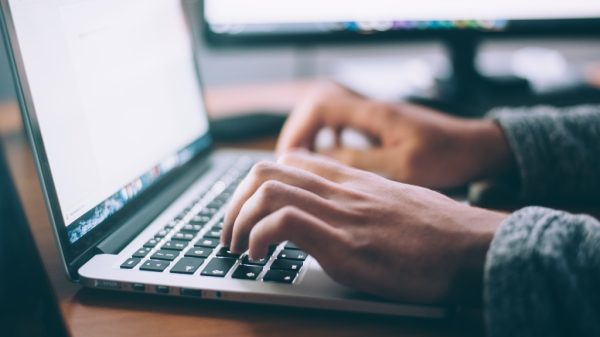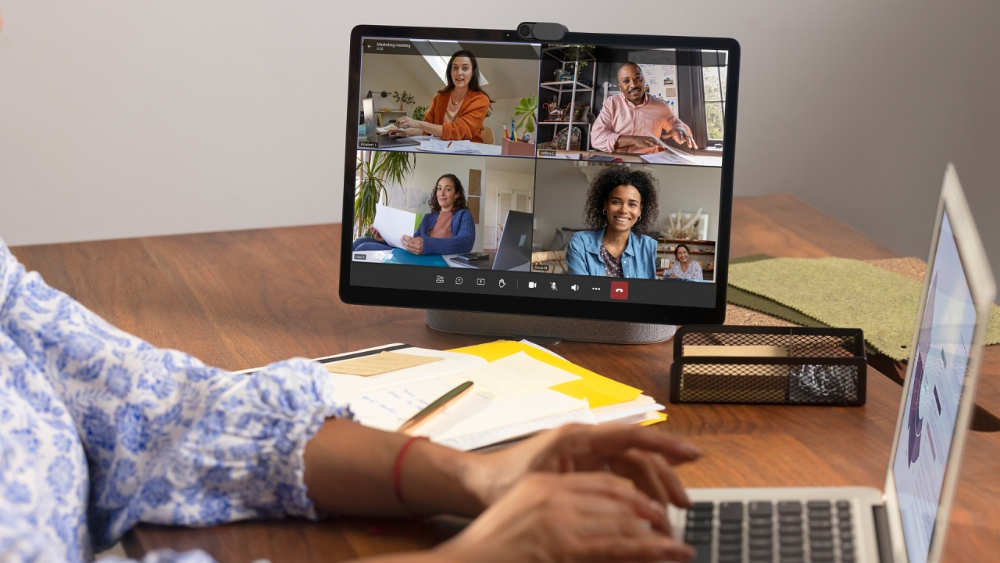It’s been almost six months since the U.S. went into lockdown due to COVID-19 and the CDC’s subsequent safety guidelines were issued – it’s safe to say that it is not business as usual. Everyone from restaurant waitstaff to start-up executives have been affected by the shift to work-from-home. Even as restrictions slowly begin to lift, it seems as though the office workspace – regarded as the vital venue for the U.S. economy – will never truly be the same.
Though economists have been focusing largely on small businesses and start-ups, we are only just beginning to understand the impact that not going back into the white-collar office will have on the economy.
The industries that support white-collar office culture in major cities have become increasingly emaciated. The coffee shops, food trucks, and food delivery companies that catered to the white-collar workforce before, during, and after their workday, are no longer in high demand (Starbucks reported a loss of $2 billion this year, which they attribute to Zoomification). Airlines have also been affected as business travel typically accounts for 60%-70% of all air travel.
Also included are high-end hotels, which accommodate the traveling business class. Pharmacies, florists, and gyms located in business districts have become ghost towns. Office supplies companies, such as Xerox, have suffered. Workwear brands such as J. Crew and Brooks Brothers have filed for bankruptcy, as there is no longer a need to dress for the office.
In Manhattan – arguably the country’s most notorious white-collar business mecca – at least 1,200 restaurants have been permanently lost. It is also is predicted that the one-third of all small businesses will close.
Additionally, the borough is facing twice as many apartment vacancies as this time last year, due to the flight of workers no longer tied to midtown offices. Workers have realized their freedom to seek more affordable and spacious residence outside the city. As companies decentralize from cities and rent prices drop, it isn’t all bad news. There is promise that particular urban white-collar neighborhoods will start to become accessible to the working class once again.
Some companies, like Pinterest and REI, are reporting that their shift to work from home is in fact permanent. The long-term effects of deserted office buildings are yet to make themselves evident. What we do know is that the decline of the white-collar office will force us to reimagine the great American cities – with so much lost due to the coronavirus, what can now be gained?
Anaïs DerSimonian is a writer, filmmaker, and educator interested in media, culture and the arts. She is Clark University Alumni with a degree in Culture Studies and Screen Studies. She has produced various documentary and narrative projects, including a profile on an NGO in Yerevan, Armenia that provides micro-loans to cottage industries and entrepreneurs based in rural regions to help create jobs, self-sufficiency, and to stimulate the post-Soviet economy. She is currently based in Boston. Besides filmmaking, Anaïs enjoys reading good fiction and watching sketch and stand-up comedy.












































Pingback: Midtown's empty offices could be turned into affordable housing
Pingback: No more ping-pong: Working from home has changed what perks we value
Pingback: Working from home has changed what perks we value